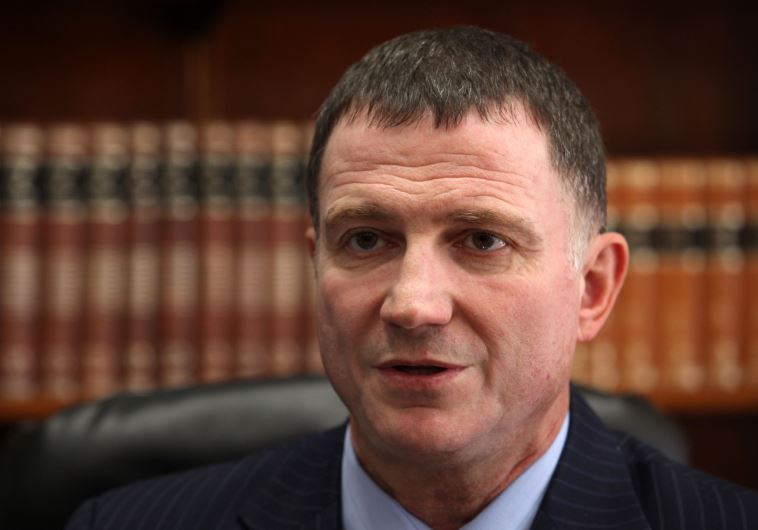Edelstein expects coalition to expand after budget is passed
Knesset Speaker calls for MKs to find ways to work together and serve the public despite narrow coalition.
 Knesset Speaker Yuli Edelstein(photo credit: MARC ISRAEL SELLEM/THE JERUSALEM POST)Updated:
Knesset Speaker Yuli Edelstein(photo credit: MARC ISRAEL SELLEM/THE JERUSALEM POST)Updated: